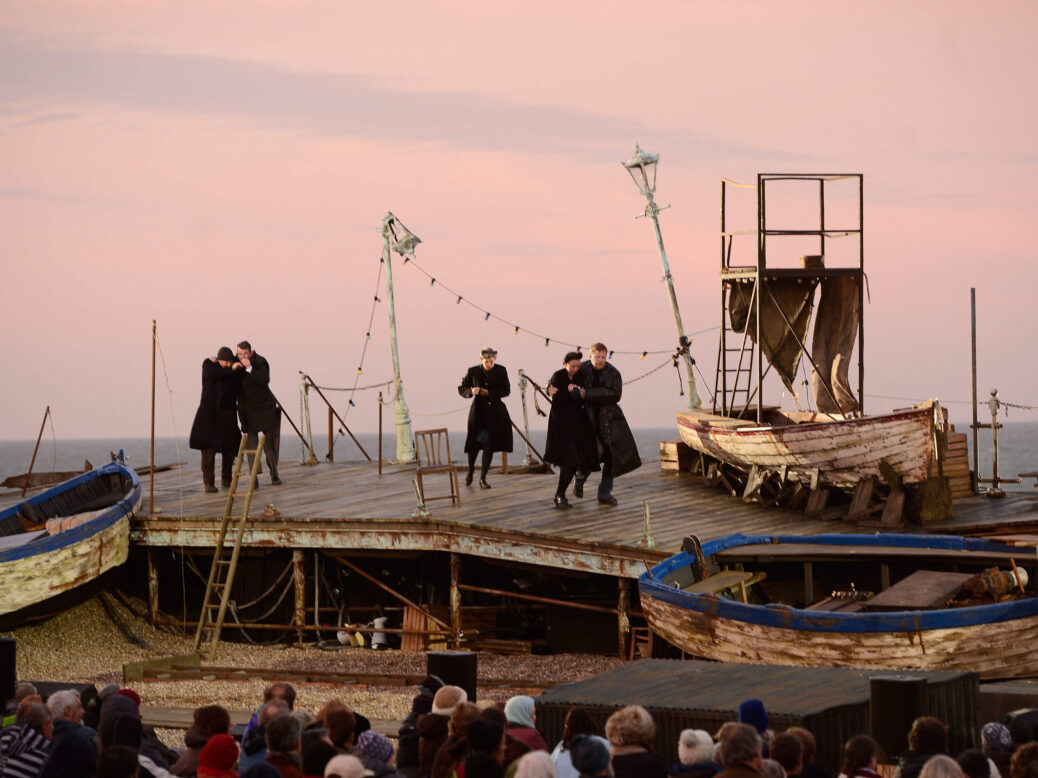
Roger Wright, the director of the BBC Proms and controller of BBC Radio 3, has today announced that at the age of 57, he will leave his posts at Broadcasting House to take up a position as chief executive of Aldeburgh Music, the company which runs the Aldeburgh Festival in Suffolk.
As the director of the Proms since 2007, Wright secured “record audiences” for the festival, held each summer over a two month period at the Royal Albert Hall. The event, which last year featured a Doctor Who concert alongside its more traditional line-up of Wagner and Vaughan Williams, is the largest music festival in the world, with 300,000 people attending its 88 concerts in 2013. In addition to orchestrating the Proms, Wright has headed up Radio 3 since 1998.
It hasn’t been entirely smooth sailing for the prominent advocate of classical music, though. In an article written for the Daily Telegraph last month, Wright responded to accusations that Radio 3 was under pressure from senior management to “chase ratings” in the face of stagnant listening figures (the ratings for Radio 3 stood at 2 million in 2013, compared to 5.6 million at Classic FM). He asserted: “Just to set the record straight: in more than 15 years of running Radio 3, I have never been put under any pressure over ratings. On the contrary, a recent director-general expressed dismay when I told him that figures for our breakfast programme had gone up.”
Prior to joining the BBC, Wright first worked at the British Music Information Centre. He was educated at Chetham’s School of Music in Manchester and went on to study music at the University of London. He took over at Radio 3 in 1998 following a stint as vice-president of the Hamburg classical record label Deutsche Grammophon.
Wright, who leaves a reported salary of £220,000 at the BBC, had organised a team of 400 staff and had been responsible for the BBC Concert Orchestra, BBC Philharmonic Orchestra, BBC Singers and BBC Symphony Orchestra in addition to his roles at the Proms and at Radio 3. Helen Boaden, director of BBC Radio, described him as “a unique and brilliant talent,” adding that, “in the 15 years he has spent as controller of Radio 3 and seven seasons he has led the BBC Proms he has displayed an unwavering commitment to quality, courage in introducing new kinds of music and developing exciting collaborations, and massive ambition on behalf of audiences.”
His exit follows news yesterday that Tony Hall, current director-general of the BBC, plans to increase the profile of the arts on the BBC in a bid to “make the subject less elitist”. He announced last October that the corporation’s arts coverage budget would be increased by 20 per cent.






